10 Reasons Parents Should Stop Labeling Their Children
 It’s tempting – and easy – to give children labels. At a very young age, they can seem very simple and predictable for us. Here are the reasons why it’s not a good parenting practice. Read more ›
It’s tempting – and easy – to give children labels. At a very young age, they can seem very simple and predictable for us. Here are the reasons why it’s not a good parenting practice. Read more ›
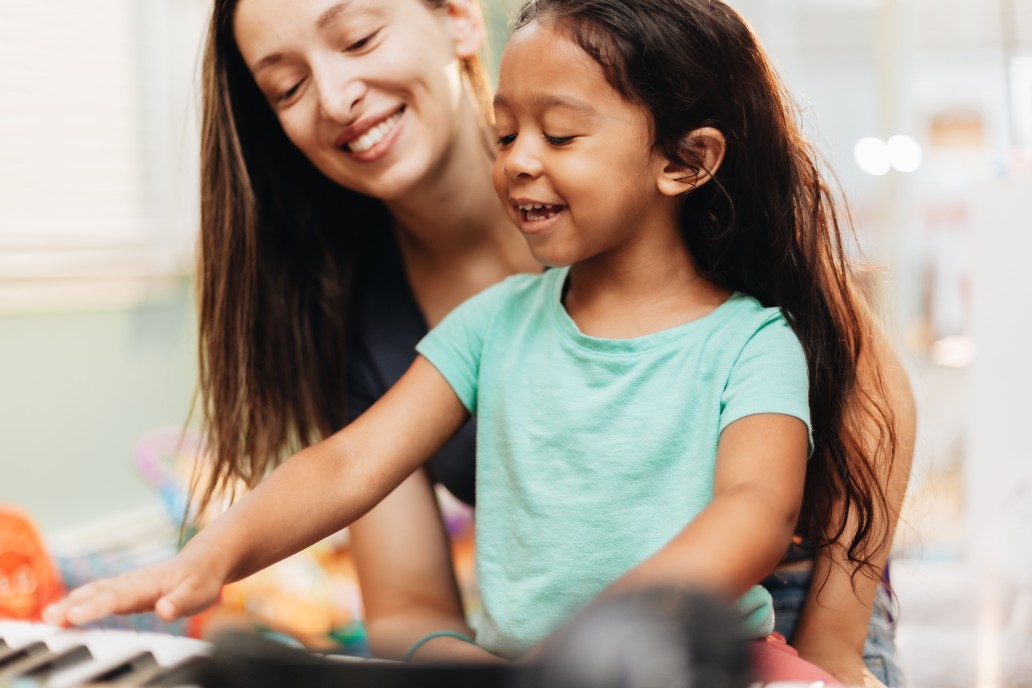
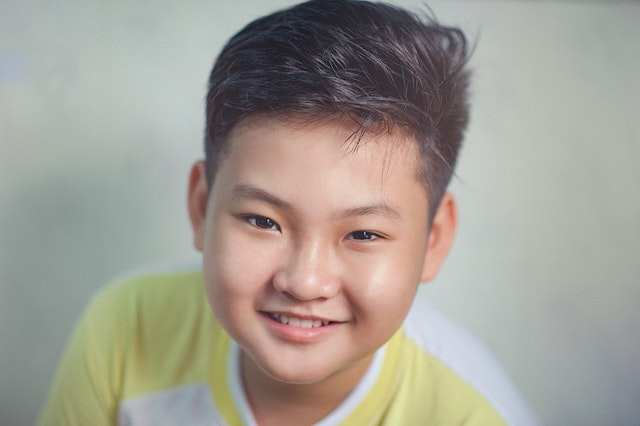
 When provided with the foundation of a safe environment, trusted mentors and opportunities to engage, all young people can be empowered to develop the skills they need to become self-advocates and elevate their voices.
When provided with the foundation of a safe environment, trusted mentors and opportunities to engage, all young people can be empowered to develop the skills they need to become self-advocates and elevate their voices. 
 Teenagers need
Teenagers need 
 You’re at the end of your junior year of high school with a list of colleges that interest you. You’ve also faced some mental health challenges, and the COVID-19 pandemic didn’t help. And maybe you wonder if your preferred colleges will meet your mental health needs.
You’re at the end of your junior year of high school with a list of colleges that interest you. You’ve also faced some mental health challenges, and the COVID-19 pandemic didn’t help. And maybe you wonder if your preferred colleges will meet your mental health needs. 
 Children are curious and often have questions when they encounter people that are different from them, whether it be race, age, ability, religion, disability, gender, sexual orientation or appearance, just to name a few. But while their questions can be embarrassing at times, it’s important to answer those questions and talk about their curiosity.
Children are curious and often have questions when they encounter people that are different from them, whether it be race, age, ability, religion, disability, gender, sexual orientation or appearance, just to name a few. But while their questions can be embarrassing at times, it’s important to answer those questions and talk about their curiosity.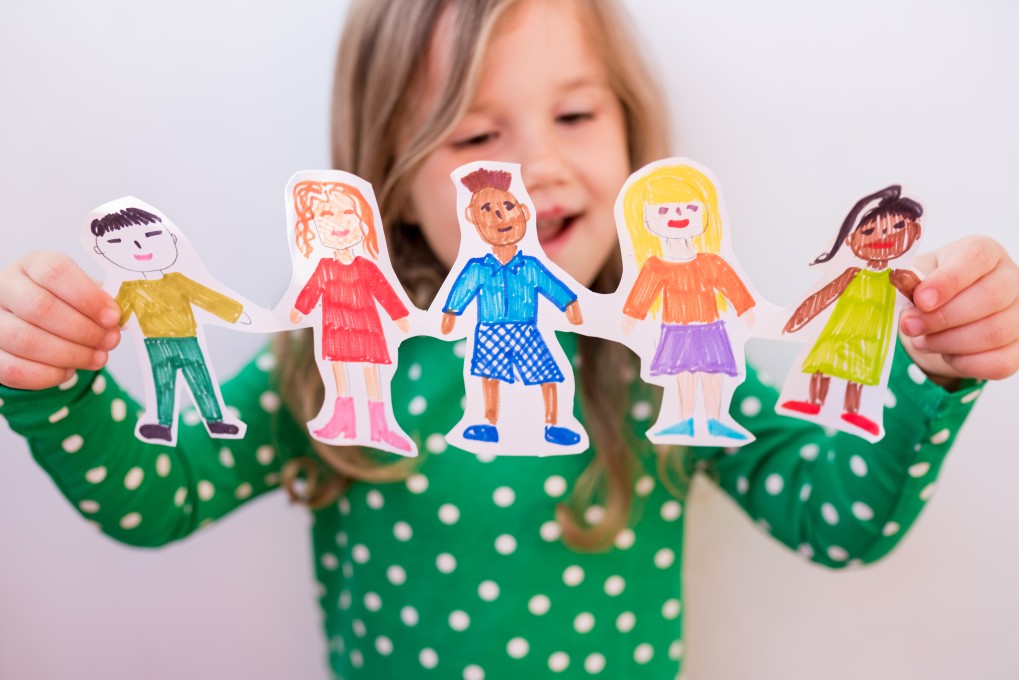
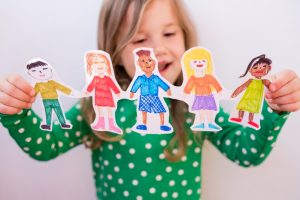 Contrary to the common belief that young children “don’t see race,” a mountain of research evidence confirms that racial awareness starts early. We know that within a few months of birth, babies prefer own-race faces, and that by roughly age 3 kids start to form judgments about others based on racial differences. And by kindergarten, kids perceive that different racial groups have different social status.
Contrary to the common belief that young children “don’t see race,” a mountain of research evidence confirms that racial awareness starts early. We know that within a few months of birth, babies prefer own-race faces, and that by roughly age 3 kids start to form judgments about others based on racial differences. And by kindergarten, kids perceive that different racial groups have different social status. 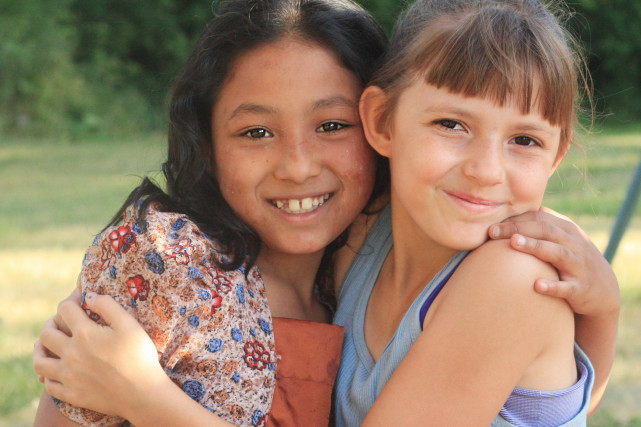
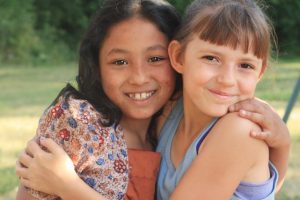 Here’s the beautiful thing about kids—most are born with a natural sense of justice and fairness. Unless they are taught to be hurtful and cruel, most children know that it is wrong to attack others either physically or with words.
Here’s the beautiful thing about kids—most are born with a natural sense of justice and fairness. Unless they are taught to be hurtful and cruel, most children know that it is wrong to attack others either physically or with words.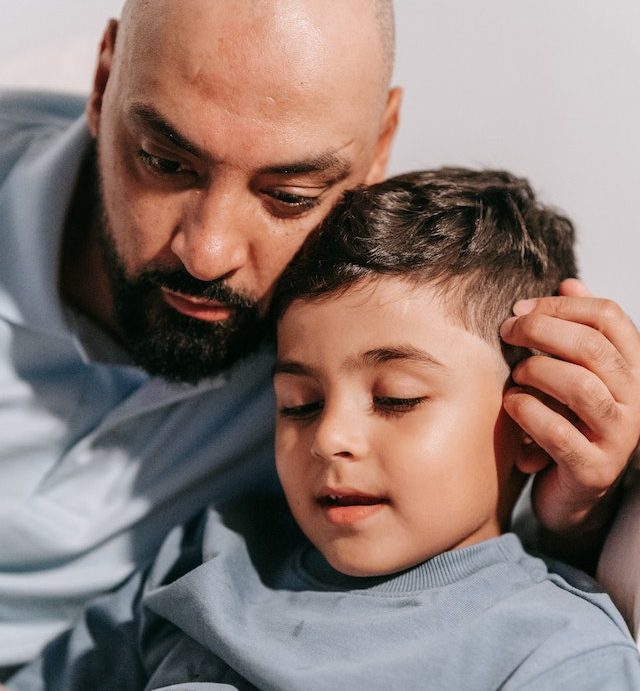
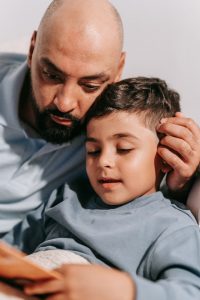 Talking openly and positively about differences can help children better understand themselves and those around them. Embracing diversity and inclusion empowers kids to engage their world with curiosity, confidence and kindness.
Talking openly and positively about differences can help children better understand themselves and those around them. Embracing diversity and inclusion empowers kids to engage their world with curiosity, confidence and kindness. 
 Raising a child with ADHD isn’t like traditional childrearing. Normal rule-making and household routines can become almost impossible, depending on the type and severity of your child’s symptoms, so you’ll need to adopt different approaches.
Raising a child with ADHD isn’t like traditional childrearing. Normal rule-making and household routines can become almost impossible, depending on the type and severity of your child’s symptoms, so you’ll need to adopt different approaches. 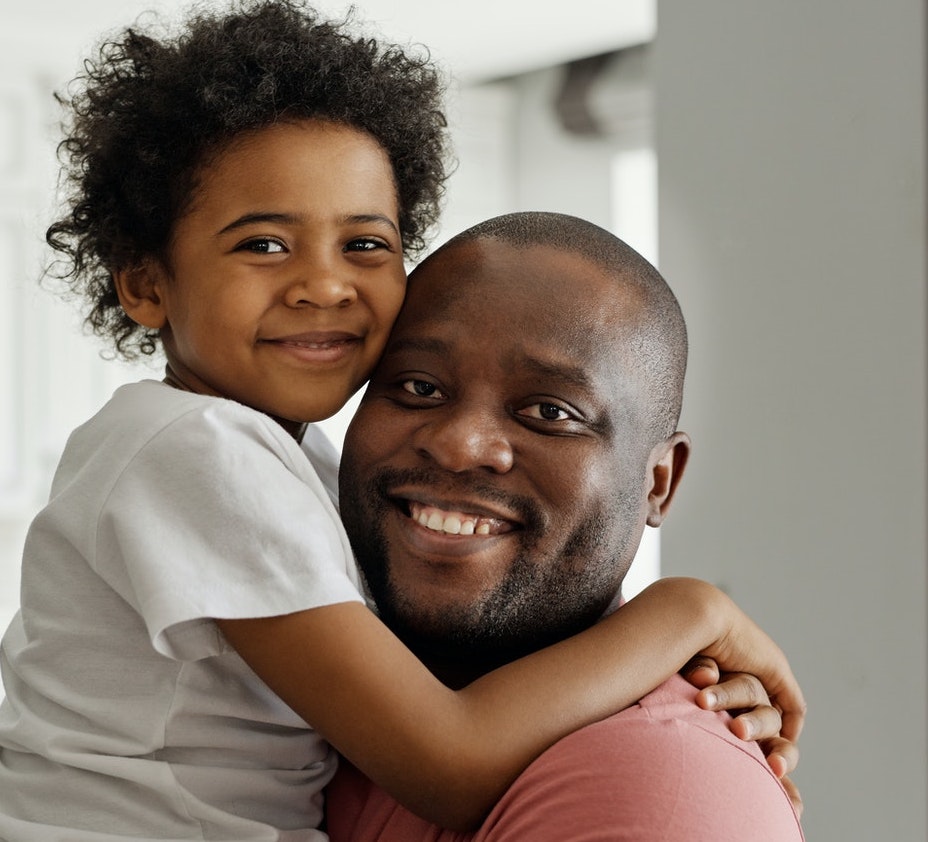
 The “usual” parenting strategies are often less effective for children with ADHD. In this video Erin Gonzales, PhD, a psychologist from the PEARL Clinic at Seattle Children’s Hospital, discusses common challenges and changes parents and caregivers can make to help a child with ADHD stay engaged and set them up for success.
The “usual” parenting strategies are often less effective for children with ADHD. In this video Erin Gonzales, PhD, a psychologist from the PEARL Clinic at Seattle Children’s Hospital, discusses common challenges and changes parents and caregivers can make to help a child with ADHD stay engaged and set them up for success.

